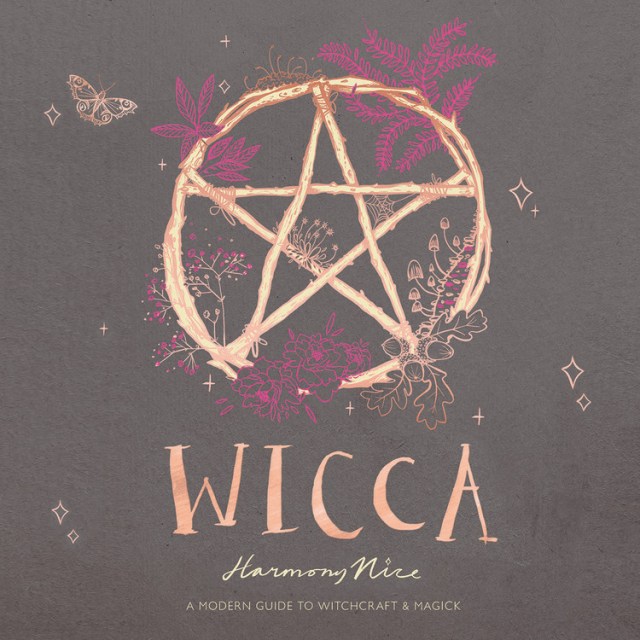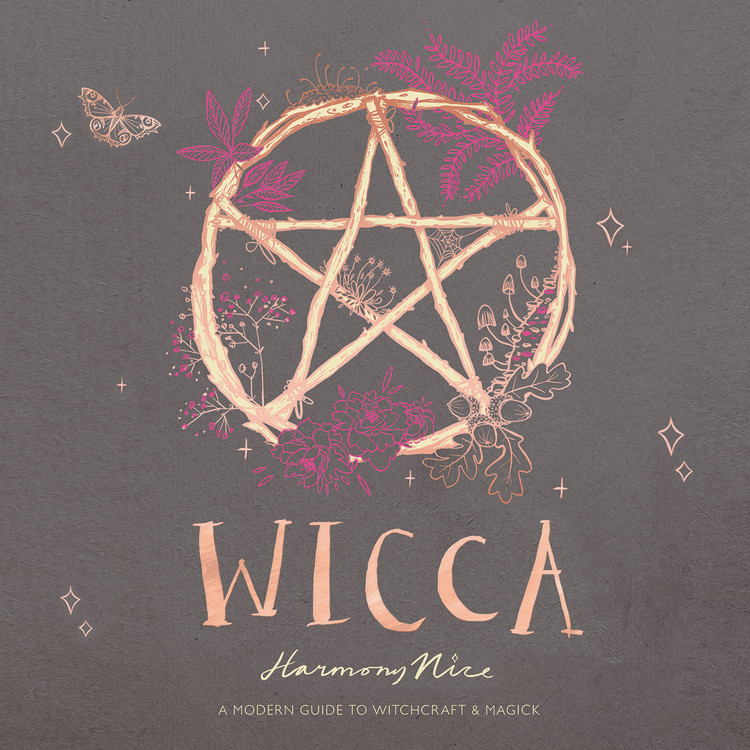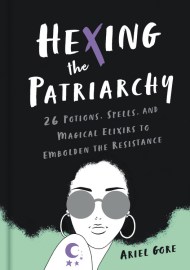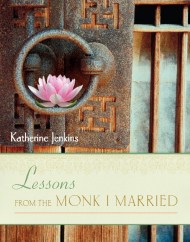By clicking “Accept,” you agree to the use of cookies and similar technologies on your device as set forth in our Cookie Policy and our Privacy Policy. Please note that certain cookies are essential for this website to function properly and do not require user consent to be deployed.
Wicca
A Modern Guide to Witchcraft and Magick
Contributors
By Harmony Nice
Read by Harmony Nice
Formats and Prices
- On Sale
- Apr 2, 2019
- Publisher
- Hachette Audio
- ISBN-13
- 9781549121609
Format
Format:
- Audiobook Download (Unabridged)
- ebook $13.99 $17.99 CAD
- Hardcover $20.00 $26.00 CAD
This item is a preorder. Your payment method will be charged immediately, and the product is expected to ship on or around April 2, 2019. This date is subject to change due to shipping delays beyond our control.
Buy from Other Retailers:
Witchcraft and Wicca for a modern world, from YouTube vlogger and Instagram sensation Harmony Nice
Welcome to Generation "Hex"—an era where young Americans know that witchcraft isn't about devil worship and spooky curses, and instead are openly embracing meaningful Wiccan rituals that can enrich our lives in real-world ways. In Wicca, 24-year-old Harmony Nice—a YouTube and Instagram star with 700,000 followers—offers modern readers a guide to overcoming obstacles and maximizing happiness. She offers practical guidance on:
Welcome to Generation "Hex"—an era where young Americans know that witchcraft isn't about devil worship and spooky curses, and instead are openly embracing meaningful Wiccan rituals that can enrich our lives in real-world ways. In Wicca, 24-year-old Harmony Nice—a YouTube and Instagram star with 700,000 followers—offers modern readers a guide to overcoming obstacles and maximizing happiness. She offers practical guidance on:
- using crystals, wands, tarot cards, and magical tools
- setting up an altar
- introductory spells for health and protection
- finding your own witchy path—solitary or with a coven
Newsletter Signup
By clicking ‘Sign Up,’ I acknowledge that I have read and agree to Hachette Book Group’s Privacy Policy and Terms of Use



